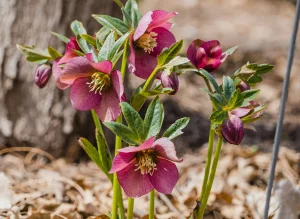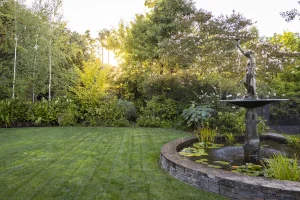Whether you’re growing lush greenery, fragrant herbs, or colourful florals, there’s one challenge every gardener faces: pests. These tiny invaders may be small, but they can quickly cause big problems. Thankfully, with a few smart strategies, you can prevent damage and enjoy a thriving, healthy garden all year round.
Common garden pests in Melbourne
Melbourne’s temperate climate makes it an ideal place for gardening, but also for pests. Among the most common are aphids, snails and slugs, caterpillars (especially cabbage moth larvae), scale insects, spider mites, and fruit flies. These pests can chew through leaves, suck sap from plants, and ruin fruits and vegetables just before harvest. Left unmanaged, they can severely weaken plants, attract secondary infections like sooty mould, and reduce overall yield.
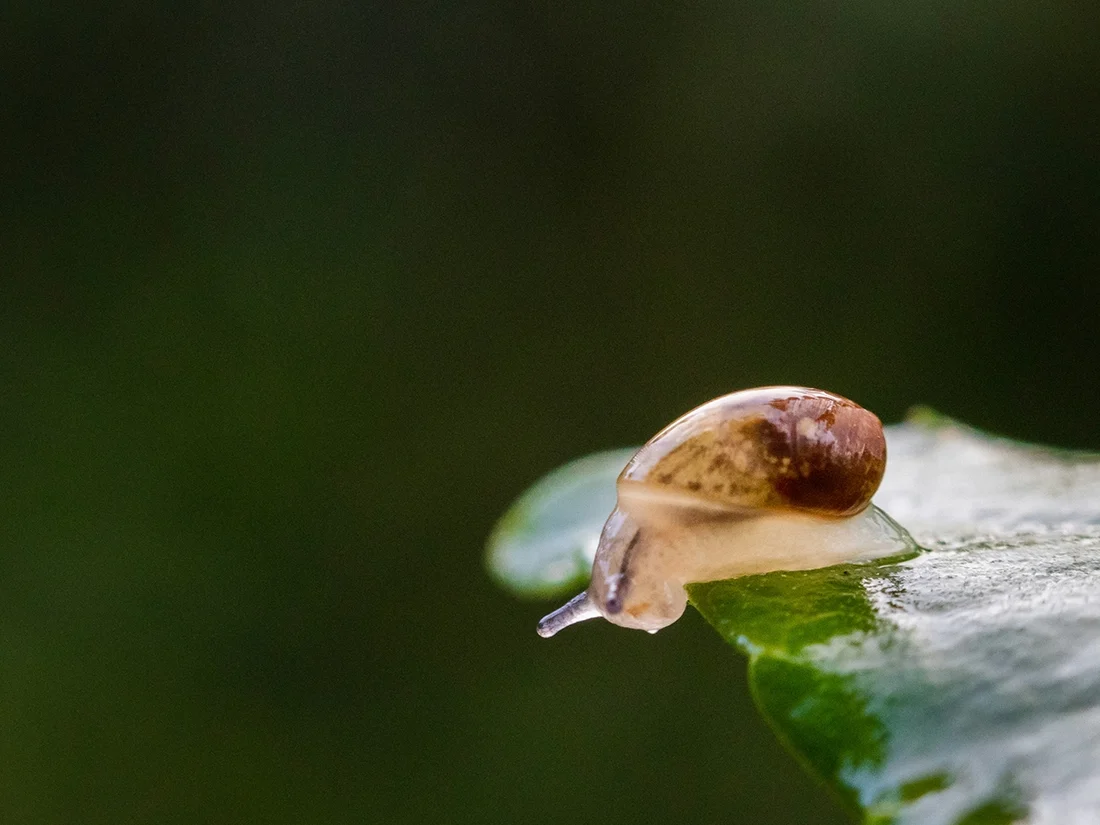
Prevention and management strategies
Managing pests effectively starts with a mix of good habits, natural methods, and targeted intervention. Here are some key strategies to protect your garden:
1. Regular monitoring
Inspect your garden often, at least once or twice a week. Look under leaves, around stems, and on new growth for signs like chewed leaves, sticky residue, webbing, or clusters of insects. Catching pest problems early means you can often solve them without major intervention.
2. Encourage beneficial insects
Not all bugs are bad! Insects like ladybugs, lacewings, hoverflies, and parasitic wasps are natural predators of aphids, caterpillars, and scale. Attract them by planting flowers like dill, rosemary, lavender, and marigolds, and avoiding broad-spectrum insecticides that harm both pests and their predators.
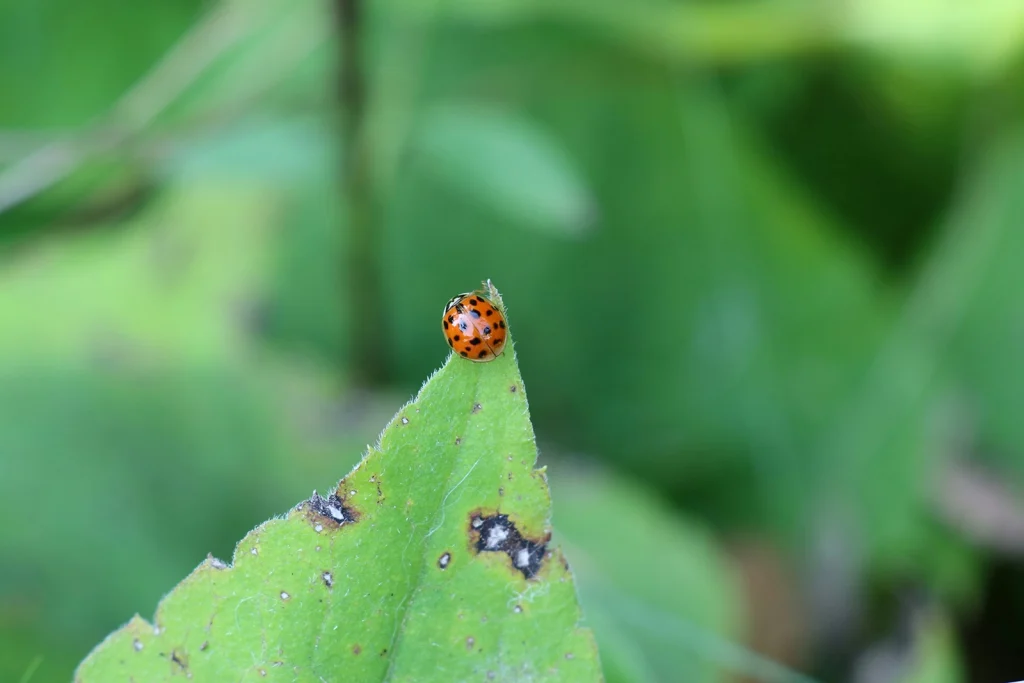
3. Use pest-repelling companion plants
Companion planting is a great organic method to deter pests. Try:
- Marigolds to repel aphids and whiteflies.
- Garlic and chives around roses and strawberries to deter mites and aphids.
- Basil near tomatoes to ward off flies.
- Mint (in pots) to keep ants and aphids away.
These plants add beauty and fragrance to your garden while helping reduce pest populations naturally.
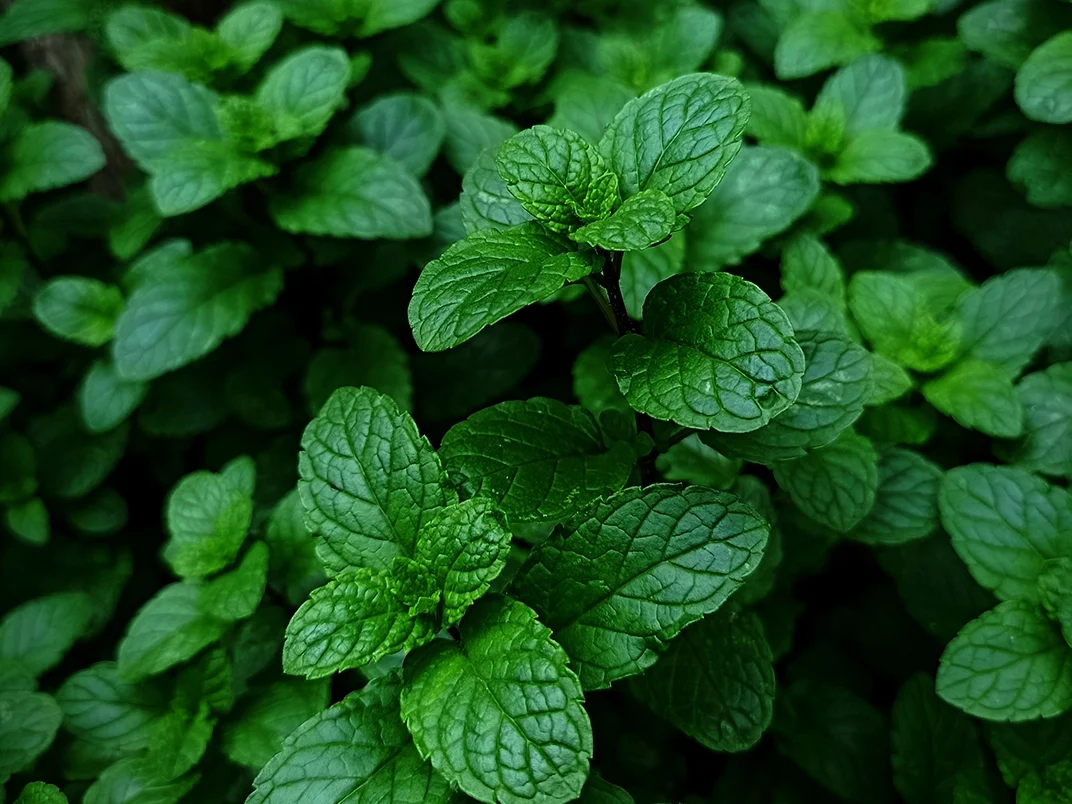
4. Physical barriers and traps
Simple tools like netting, row covers, or collars around seedlings can stop pests like cabbage moths, birds, or snails from reaching your plants. Try beer traps for slugs or place copper tape around pots to deter snails and slugs without using bait.
5. Natural sprays and treatments
- Neem oil and insecticidal soap are effective against aphids, mites, whiteflies, and scale.
- Garlic, chilli, or peppermint sprays are great DIY options for soft-bodied pests.
- Use white oil (a homemade mix of oil and soap) to smother scale insects.
Apply these treatments early in the morning or late afternoon and avoid spraying in extreme heat or when pollinators are active.
6. Good garden hygiene
Keep your garden tidy to reduce pest hiding spots. Remove fallen leaves, rotting fruit, and spent plants. You can also rotate plants seasonally to avoid pest build-up in the soil and avoid overwatering, which attracts fungus gnats and slugs.

7. Time your planting
Knowing when pests are most active can help you stay ahead. In Melbourne:
- Slugs and snails thrive in spring and autumn.
- Aphids and caterpillars peak in spring and early summer.
- Fruit flies tend to appear in late summer and autumn.
Planting at the right time and using preventative techniques early can help you avoid infestations altogether.
Many gardeners, especially in urban and suburban Melbourne, prefer to avoid chemical pesticides where possible. This is a wise choice for protecting pollinators, pets, and soil health. That said, chemical control still has a place in an Integrated Pest Management strategy, especially when pest levels are high and other methods haven’t worked. When used responsibly and as a last resort, certain low-toxicity products can help you get an infestation under control without compromising your garden’s overall health.

Managing garden pests doesn’t have to mean reaching for harsh chemicals. With a mix of observation, prevention, and natural deterrents, you can protect your garden while keeping it safe for kids, pets, and the environment. By encouraging biodiversity, making wise plant choices, and staying one step ahead of seasonal pests, your garden can flourish year-round, with fewer uninvited guests.
